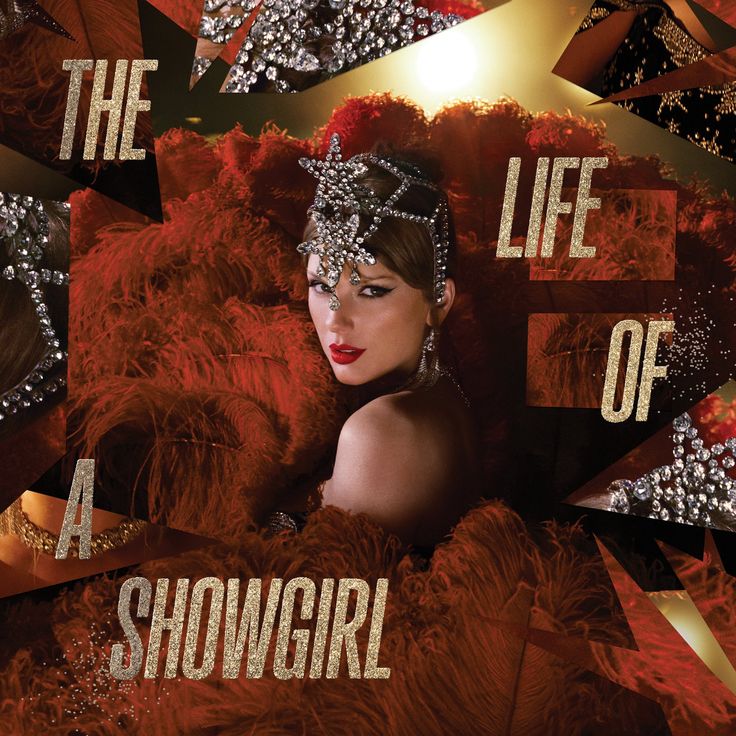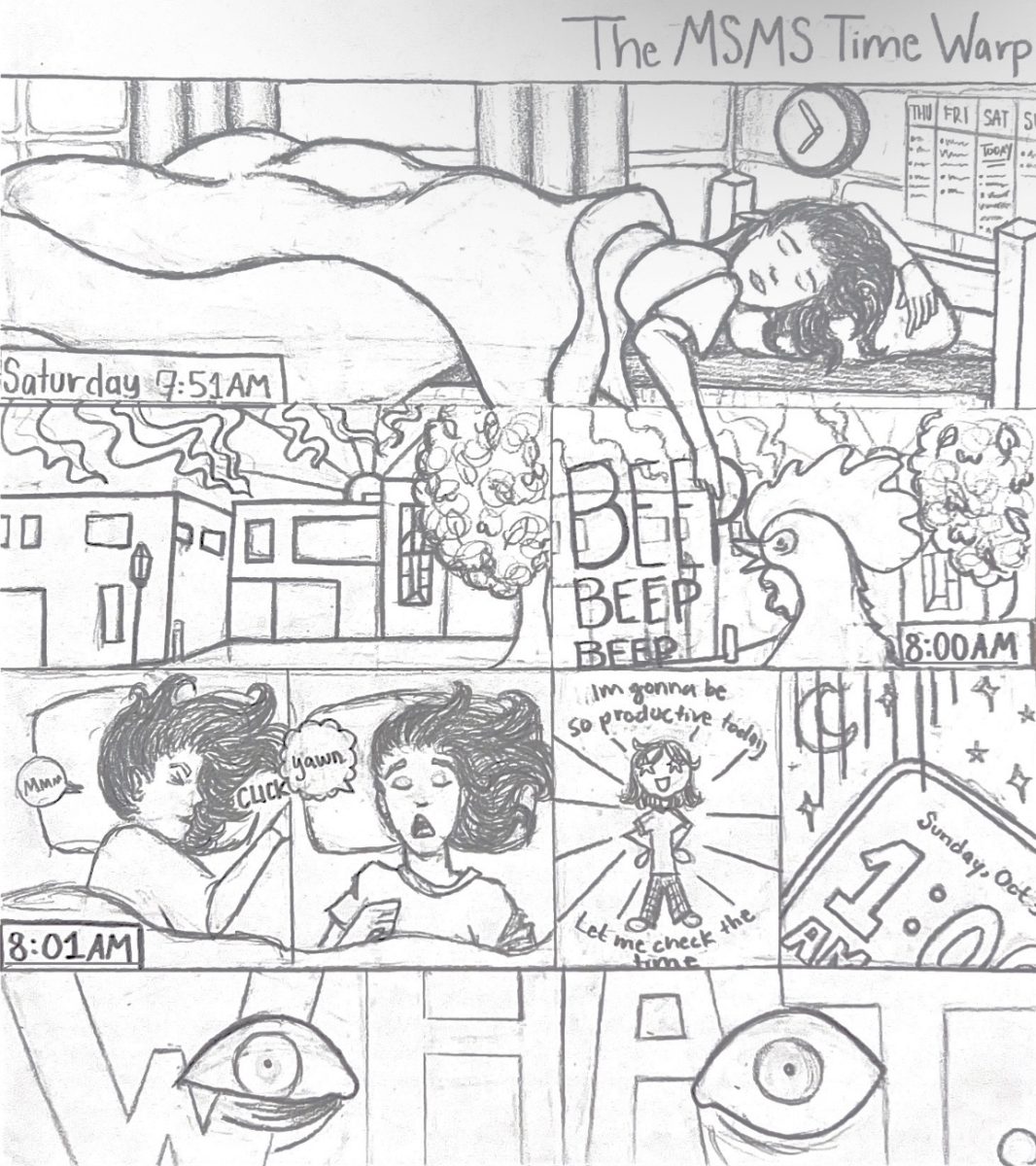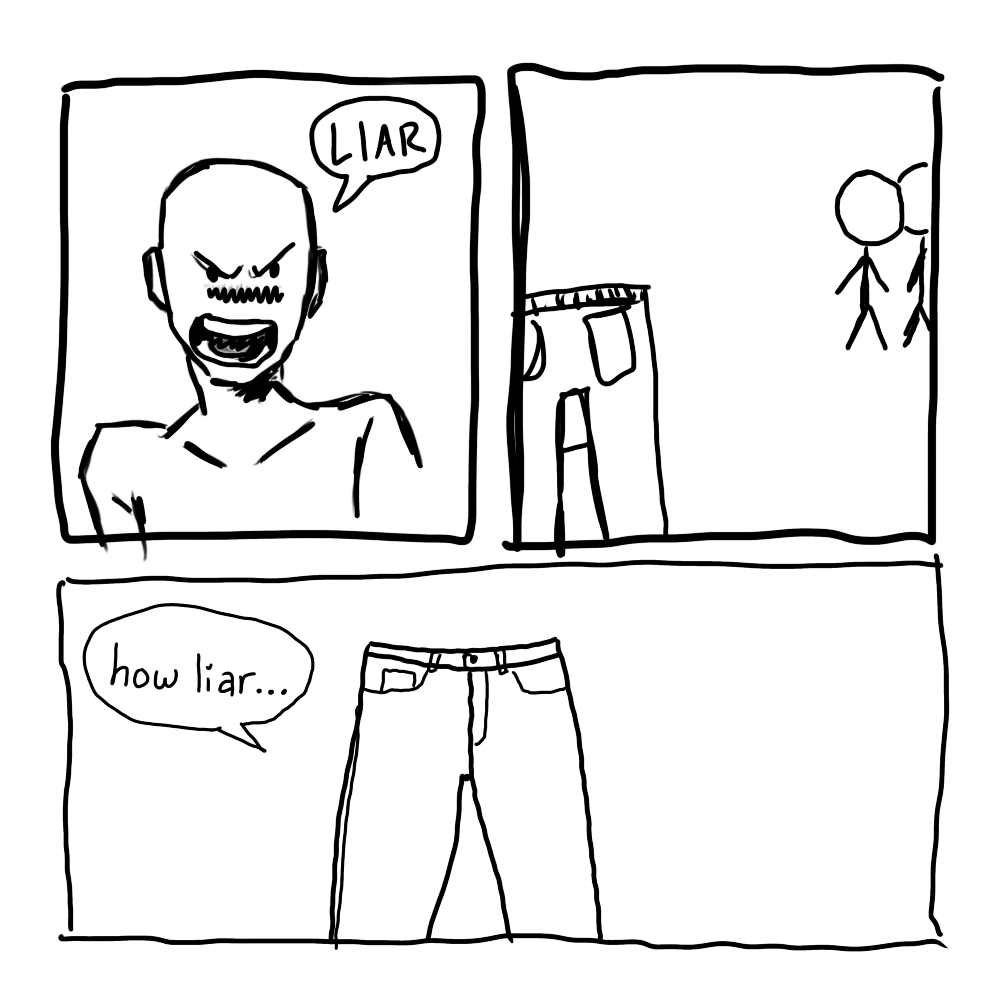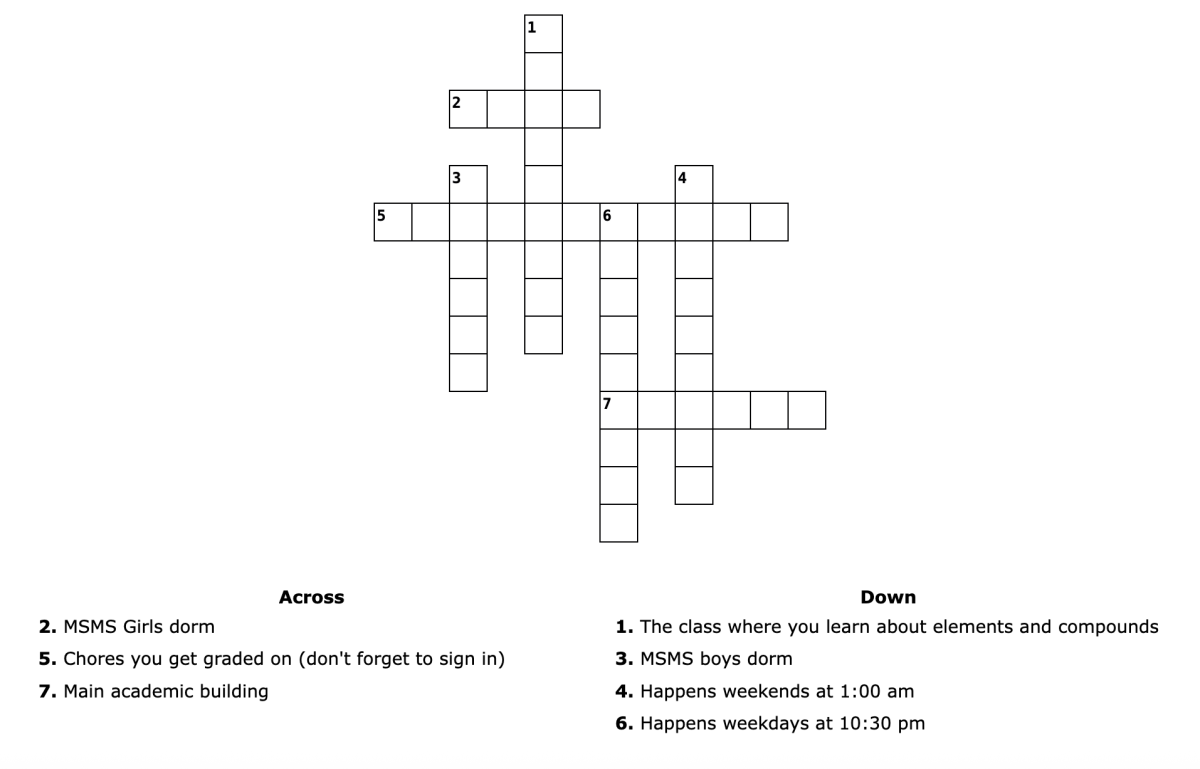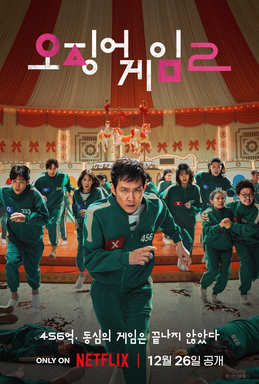
When “Squid Game” season one debuted in 2021, it combined the brutal intensity of a survival game with the eerie familiarity of Korean childhoods. Within weeks of its release on Netflix, it became the platform’s most-viewed non-English show of all time, captivating a global audience with its criticism of social inequality between the wealthy elites and individuals who are pushed to the edge of survival.
When creator and director Hwang Dong-hyuk announced the development of season two, expectations were through the roof, and fans were eagerly waiting for a continuation of the brilliant narrative season one left behind. Unfortunately, what followed was a second season that relied too heavily on rehashed ideas — excluding the shock factor — and characters who feel completely underdeveloped.
The new season opens precisely where the previous one ended. Years after winning the game, Seong Gi-hun (Player 456), starred by actor Lee Jung-jae, returns to find the game’s recruiter who initially invited him to play ddakji. However, his character feels distant from the fun-loving, innocent man viewers once rooted for in season one.
Despite not being the most skilled, his instinctual empathy to look out for other players like Oh Il-nam made his character compelling. Gi-hun, now consumed by vengeance, goes off the grid and transforms into a broody vigilante operating a secret hideout in hopes of being invited for a second round of the game.
As for the other players, Dong-hyuk introduced a surprising cast of diverse faces. K-pop idols include Jo Yu-ri, who starred as pregnant woman Kim Jun-hee (Player 222), and Choi Seung-hyun, who starred as rapper Thanos (Player 230). Many fans were also surprised by the presence of actors known for their romantic works, including Yim Si-wan, who starred as content creator Lee Myung-gi (Player 333).
However, what truly caught viewers off guard was the inclusion of actor Park Sung-hoon, who starred as transgender ex-soldier Cho Hyun-ju (Player 120). This choice was highly controversial among viewers, and for good reason. While the need for greater representation most likely drove Dong-hyuk’s intention to cast a transgender character, the show fails to provide a well-rounded portrayal of transgender issues. Instead, it seems to prioritize shock value, and the character’s backstory, shaped by a complex life of military service, is largely glossed over. This problem extends to many other characters. Thanos, with chaotic and compulsive behaviors, represents the detrimental effects of substance abuse. The lack of depth leaves many viewers, like myself, craving more context.
Even the game, once the story’s heartbeat, failed to deliver the same impact. Season two introduced new games including Gong-gi and Mingle, designed to turn players against each other until one individual remains. The games attempted to mirror the first season by balancing an alliance-based game with a socially driven one.
Additionally, one of the biggest changes to season two is a voting system during every round where players can decide to continue playing or return home with the remaining prize money. Dong-hyuk explains this element showcases players’ moral complexity, but the voting process takes up as much screen time as the games themselves — without any meaningful payoffs. At its core, the game is meant to critique corrupt social and economic systems, but the show responds with a shallow exploration of moral dilemmas that ultimately don’t matter in the face of life and death.
Perhaps the first season could have ended with Gi-hun’s horrible victory. Although this may risk aligning with the show’s premise, it’s a clean conclusion that leaves viewers with an unsettling reflection on the true cost of Gi-hun’s survival. However, Dong-hyuk consistently refuses the typical emotional payoff that comes with a victory, and the ease with which characters are killed is undeniably the most-evil-yet-genius thing the show has to offer. Yet, this choice comes at a cost. The decision to continue the story beyond Gi-hun’s victory makes the plot feel unnecessarily dragged on without providing necessary depth to each character. Moving forward, if Dong-hyuk can recapture the raw emotional tension that made season one compelling, there’s potential for season three to remind viewers why “Squid Game” became a global phenomenon in the first place.

